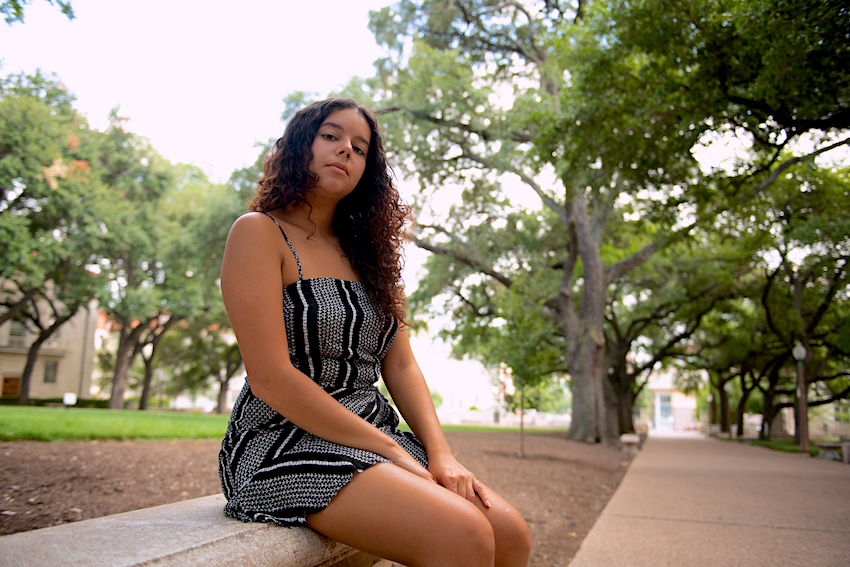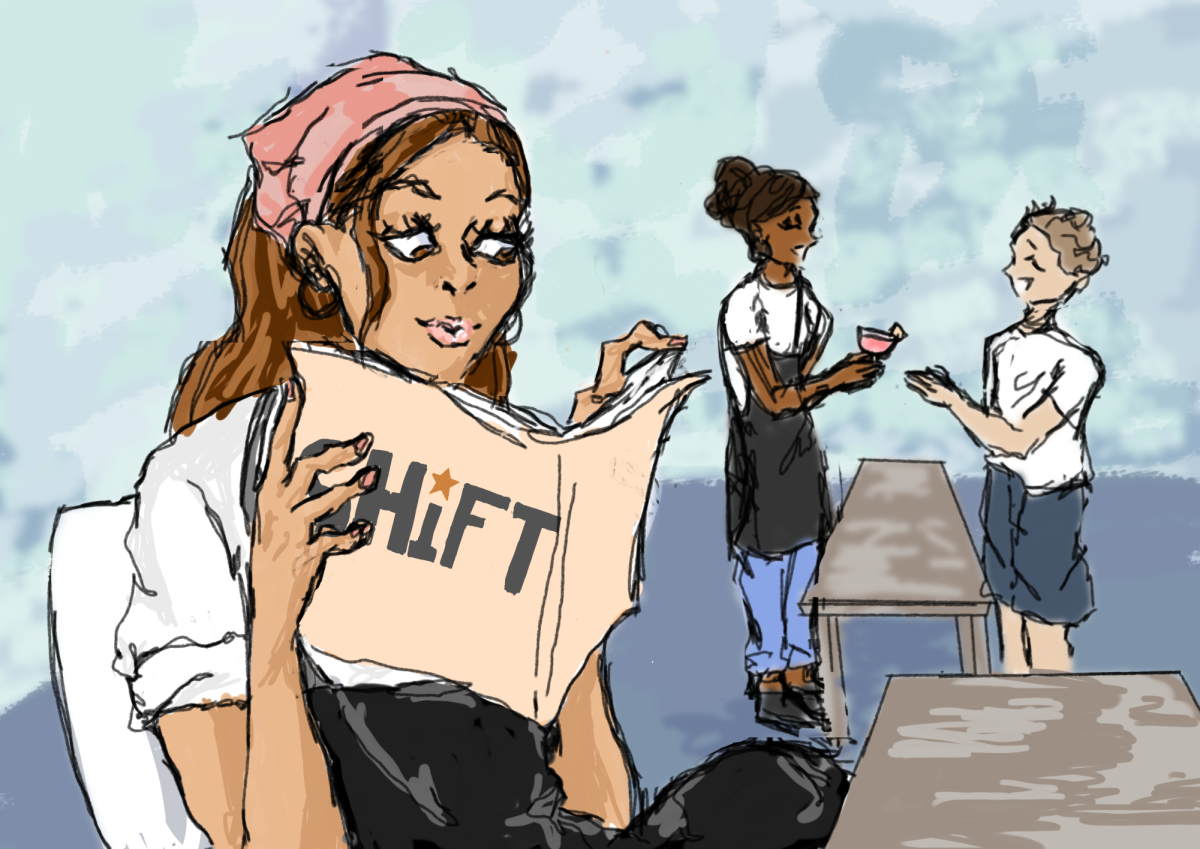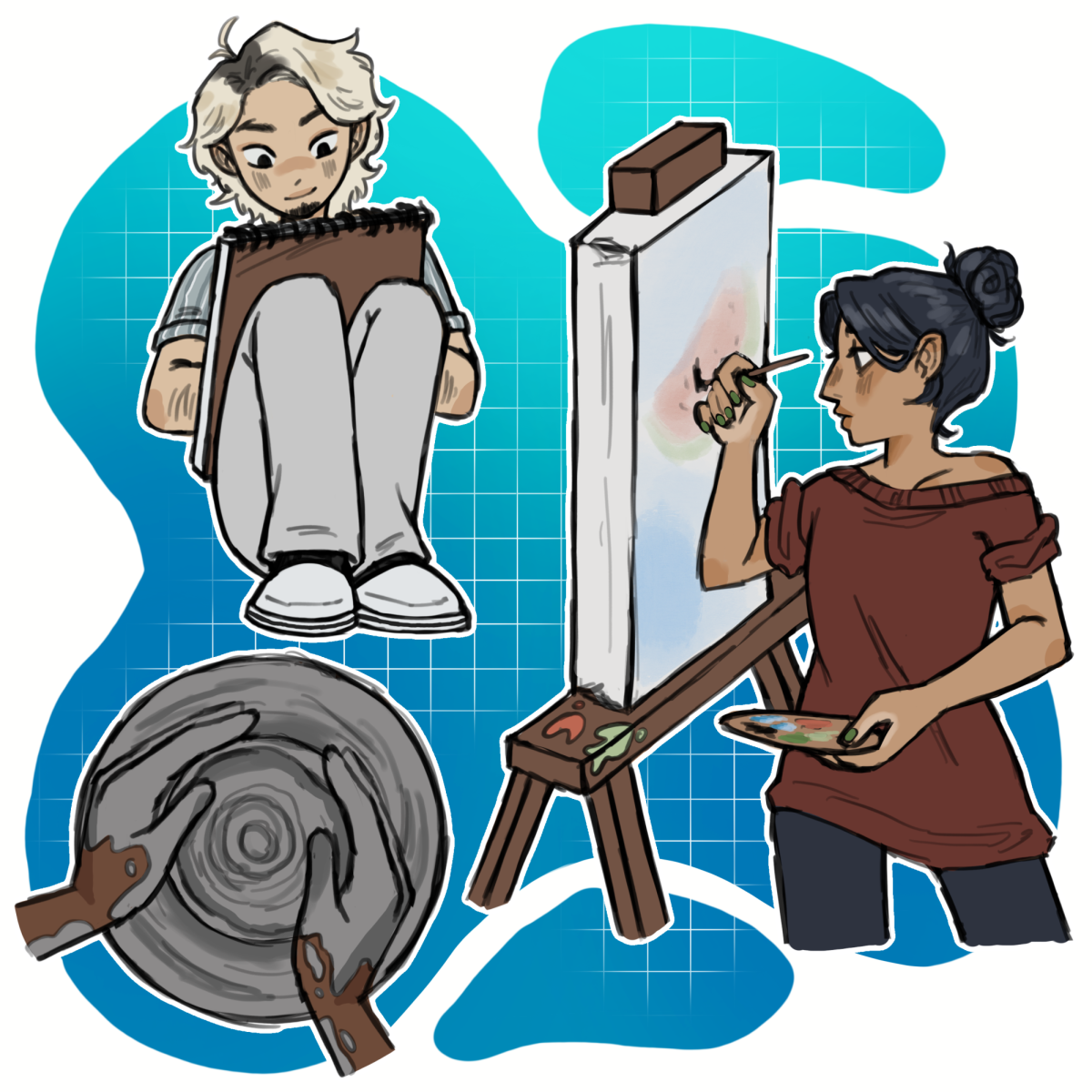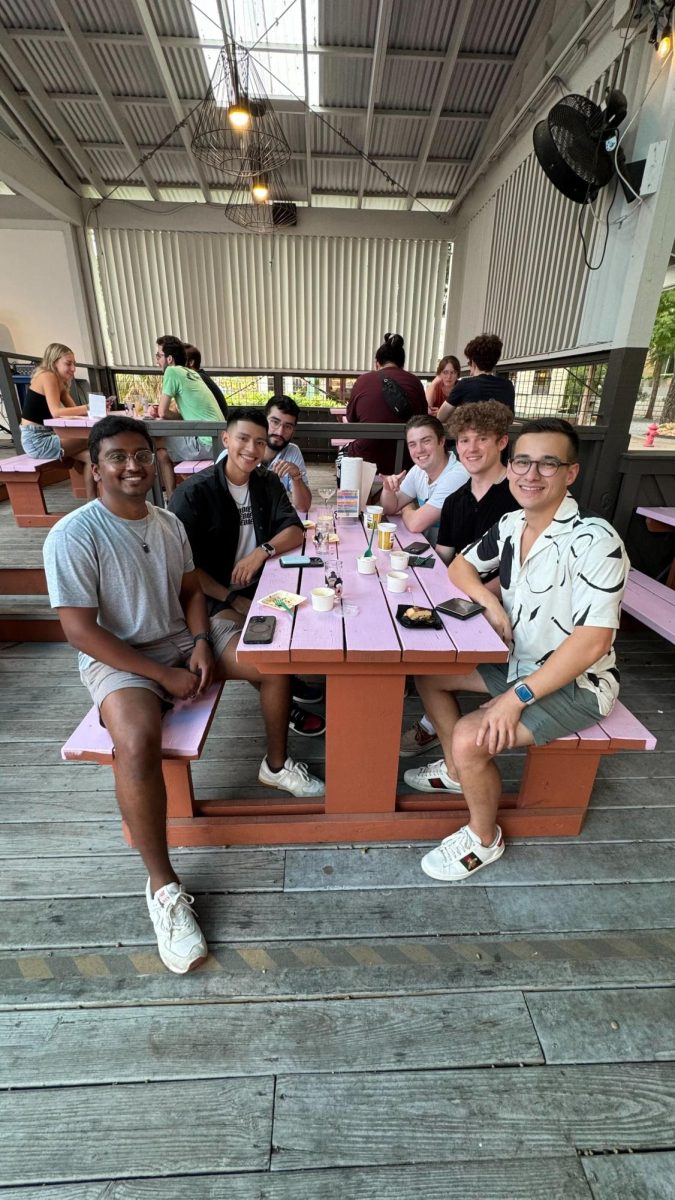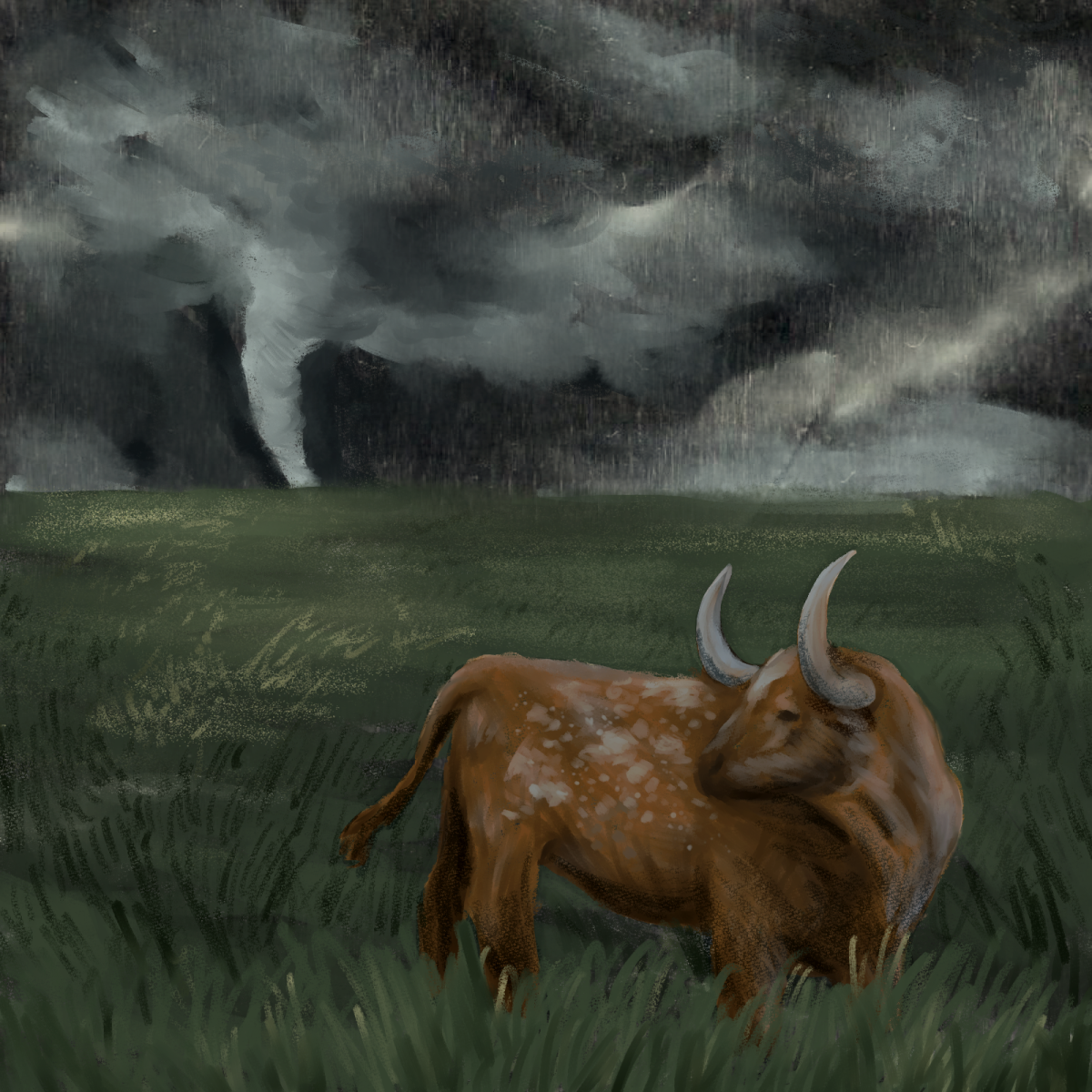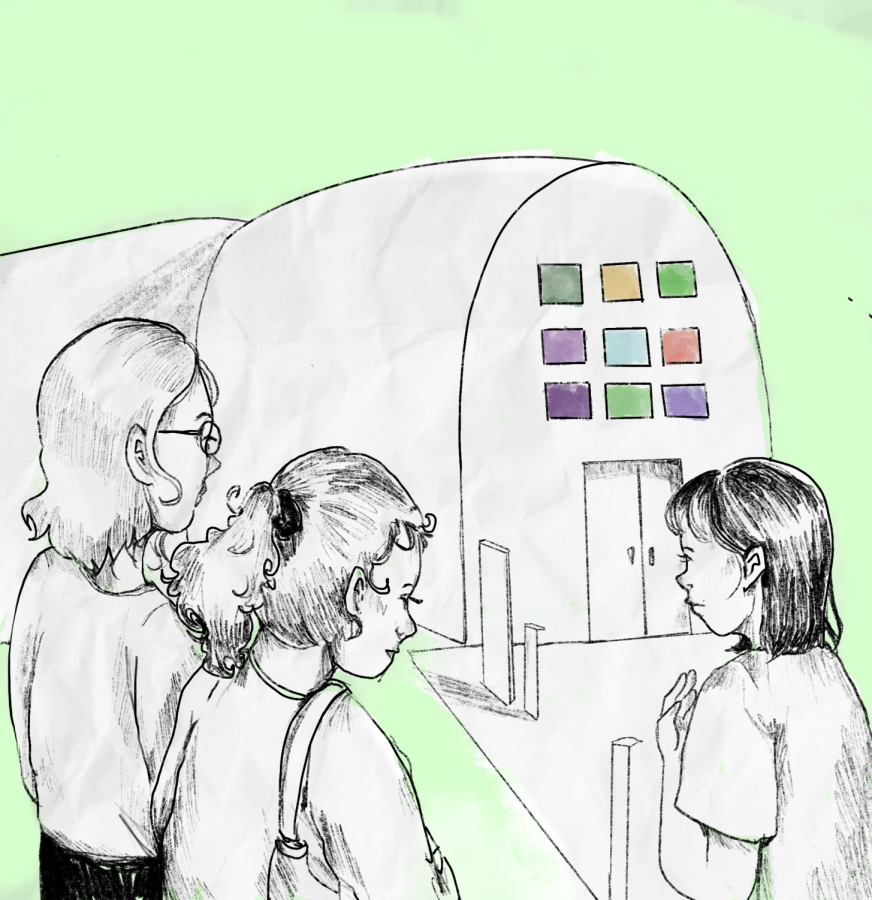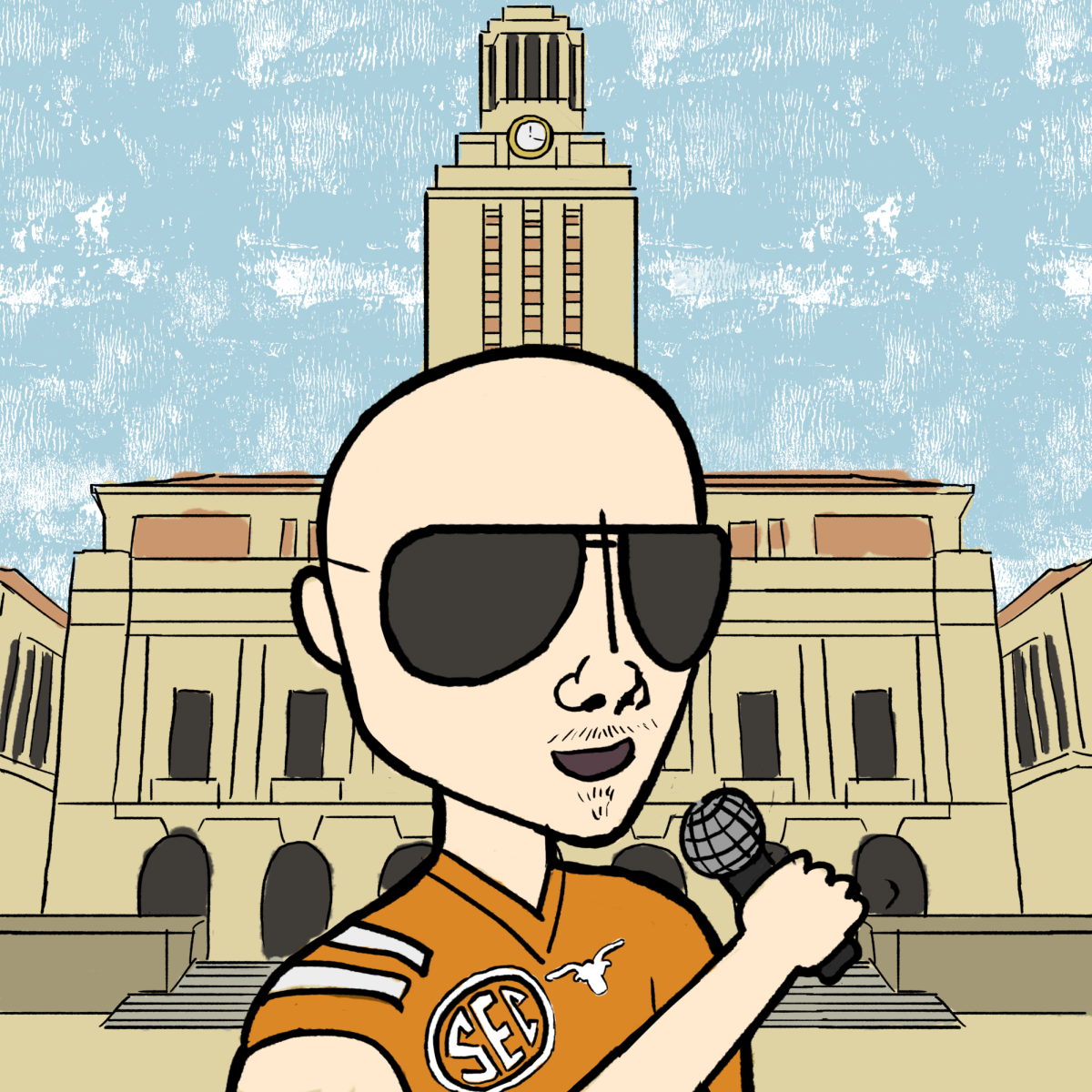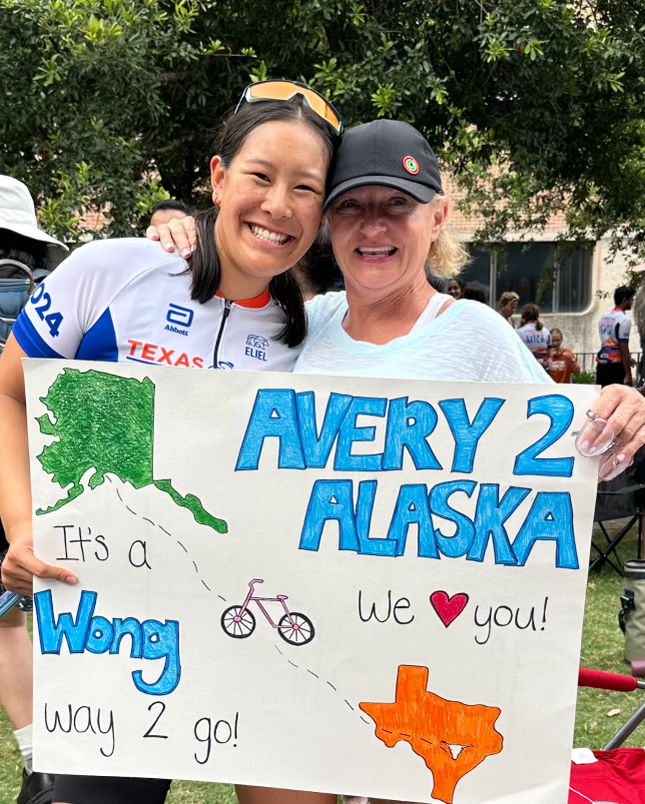When Selome Hailu’s elementary school peers spritzed water in their post-recess frizz, it relaxed into straight tresses. When a young, unknowing Hailu did the same at home, her frizzy hair winded into tight, defined coils.
“I was so confused because it started curling and coiling up,” said Hailu, an African and African diaspora studies and English sophomore, who categorizes her hair as 4A under the Andre Walker Hair-Typing System. The system labels hair by its thickness and curl pattern, ranging from thin, straight 1A hair to thick, Z-angled 4C coils. “Since I hadn’t spent much time looking at my hair while it was curly, I could not understand what was happening.”
At that moment, Hailu learned that her hair was different from most, but with time, she would come to learn how this irreversible fact would impact her life. In a society where many feel that long, straight hair is glorified, many people with curly hair say they struggle to accept their natural hair textures, only realizing their true beauty later on in life.
No matter how far they look back, curlier-haired students can never remember a time where their natural tresses were preferred over straighter hair. Textiles and apparel senior Melina Perez, who has Walker’s 3B-type hair, said that her favorite childhood shows and movies favored straight-haired characters, influencing her own preferences and feelings about her natural texture.
“My problem was that, in the media, white women with straight hair were perceived as the most attractive,” Perez said. “That’s what I wanted. I only had white dolls with straight, blonde hair because that’s I wanted to be.”
Sarah Ogunmuyiwa, women’s and gender studies and philosophy junior, whose hair falls under 4C on the Walker Hair Typing System, chemically relaxed, or permed, their hair until sophomore year of high school to adhere to social standards. They said wearing their short, natural hair incited bullying from even close friends about their appearance, making them question their own gender identity.
“People masculinize 4C hair,” Ogunmuyiwa said. “I would be afraid of wearing the way my hair was because I didn’t want to be seen as a man.”
For Hailu, opposition to her natural curls came not from close friends, but from distant relatives. She said that some family members’ backhanded comments about her decision to go natural after years of hair-straightening made her revert to her former, self-conscious state.
“That anxiety starts to sink back in, and all of a sudden, I’m in middle school again, where I’m not allowed to look how I look,” Hailu said. “Having people that I know not understand and appreciate the guts (it takes to sport curly hair) — I had a good relationship with (family), whereas I don’t like being around them anymore.”
Perez’s decision to accept her natural hair came after seeing other Longhorns sporting their natural textures. However, Perez said students often treated her better on the rare occasions when she did straighten her hair, encouraging her to do away with straightening altogether.
“I was tired of people going, ‘Oh, my God! It looks so good, it looks so much better straight,’” Perez said. “I don’t need that negativity. I’m already working toward loving my hair. I don’t need people to hinder that.”
Hailu said society’s narrow standards have given her a sense of pride in knowing that she’s managed to wrestle past social expectations to confidently wear a hair texture she was ashamed of in the past.
“(Maintaining my natural hair) takes a lot more time, it takes a lot more money, but in the end, it’s extremely empowering to understand that I’ve grown up in a system that doesn’t want me to like the way that I look, and that I’ve come past that to do that anyway,” Hailu said.



